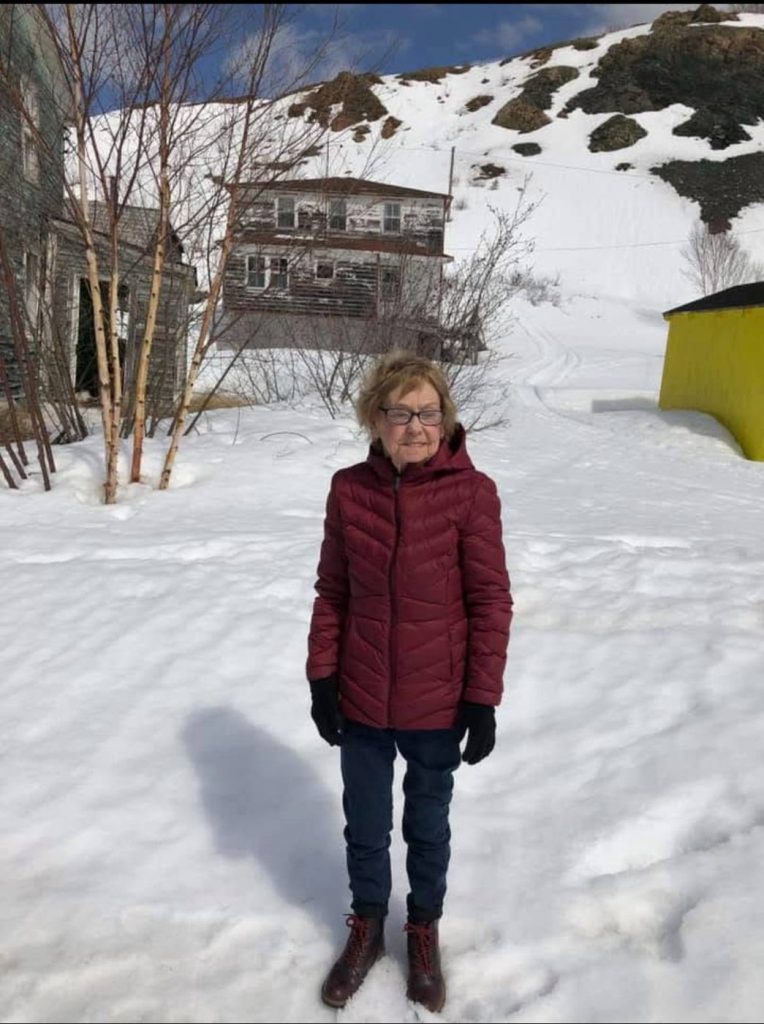Isolation Museum providing digital archive, reflecting humanity throughout pandemic
Posted Jun 12, 2020 08:30:00 PM.
As Ontario enters phase two of its reopening plan, the first wave of the pandemic is slowly easing into our rearview mirrors, inevitably set to fade from our minds as the years tick by.
In an effort to preserve the humanity at the forefront of this historical and unprecedented time, Ottawa resident Kit Chokly launched The Isolation Museum on March 24; a digital archive, tucked into a corner of the Internet that has since seen submissions from people from all over the world, and is now brimming with mementos that people have selected to represent their time in isolation during the COVID-19 pandemic.
Studying at Carleton University and working in the restaurant industry pre-pandemic, Chokly was among the employees laid off in response to the COVID-19 shutdowns.
As classes moved online and the semester started to wind down, Chokly explains, “Suddenly I wasn’t working and instead of being out of the house for 15 hours a day I was home all the time. So I started to put the energy into reflecting on the space around me and how that space can also equate to relationships with people who I might not be seeing in person but were still there in the space, [albeit] not in a physical way.”
Inspired by a gift from her sister, who lives in Australia, Chokly was driven to reflect on their long distance relationship.
The gift, a clock made from a basketball hoop that hung outside their childhood home for over a decade, adorns the home that Chokly shares with their brother.
“I was excited to share it, but I wanted the way that I shared it to hopefully help other people go through the same process that I was because I found it very beneficial, so I thought why not turn this into a full-on website, which is easier than can be these days.”
So, Chokly snapped a photo and recorded a short audio segment which turned into the Isolation Museum’s first submission entitled “Memory Clock.”
With artifacts organized into various collections, such as Creative, Plants and Animals and Health, Chokly admits that they can’t choose a favourite among all of the meaningful pieces but concedes that the Breathe collection has been especially moving.
An assortment of handmade traditionally crafted masks that started out on a separate Facebook group, has found its own space in the Isolation Museum.
“I’m really happy that The Isolation Museum has been a way to support these artists, especially [since they’re] from a marginalized group, specifically Indigenous people through North America,” says Chokly. “It was unexpected and I just feel very lucky that I was invited to be a part of their project. I’m a white person living here in this place called Canada and anything we can do to be a little bit reciprocal… I feel very lucky to be able to be included in that.”
With 211 different artifacts, which range from funny to sad to inspiring, Chokly admits that submissions have begun to wind down, from 20 a day at the height of the pandemic to only a couple now trickling in per week.
“I love getting these submissions — it makes my day seeing them in my inbox. But [fewer submissions] means that people aren’t in isolation anymore. And that’s ultimately where we want to be.”
Even though traffic is slowing down, Chokly says that they can see The Isolation Museum as a valuable resource for future research into the pandemic.
“I feel like this is a pretty good record of that. It isn’t all encompassing, but it's something. It helps us kind of remember what this whole weird, strange experience has been.”
And as Chokly prepares to venture back out into the world that has been on pause for the past couple of months, the work isn’t over just yet.
“People say things online are there forever, but that isn’t necessarily true — things get lost all of the time. So figuring out how to keep it there is going to be an interesting project moving forward and I think a worthwhile one.”








